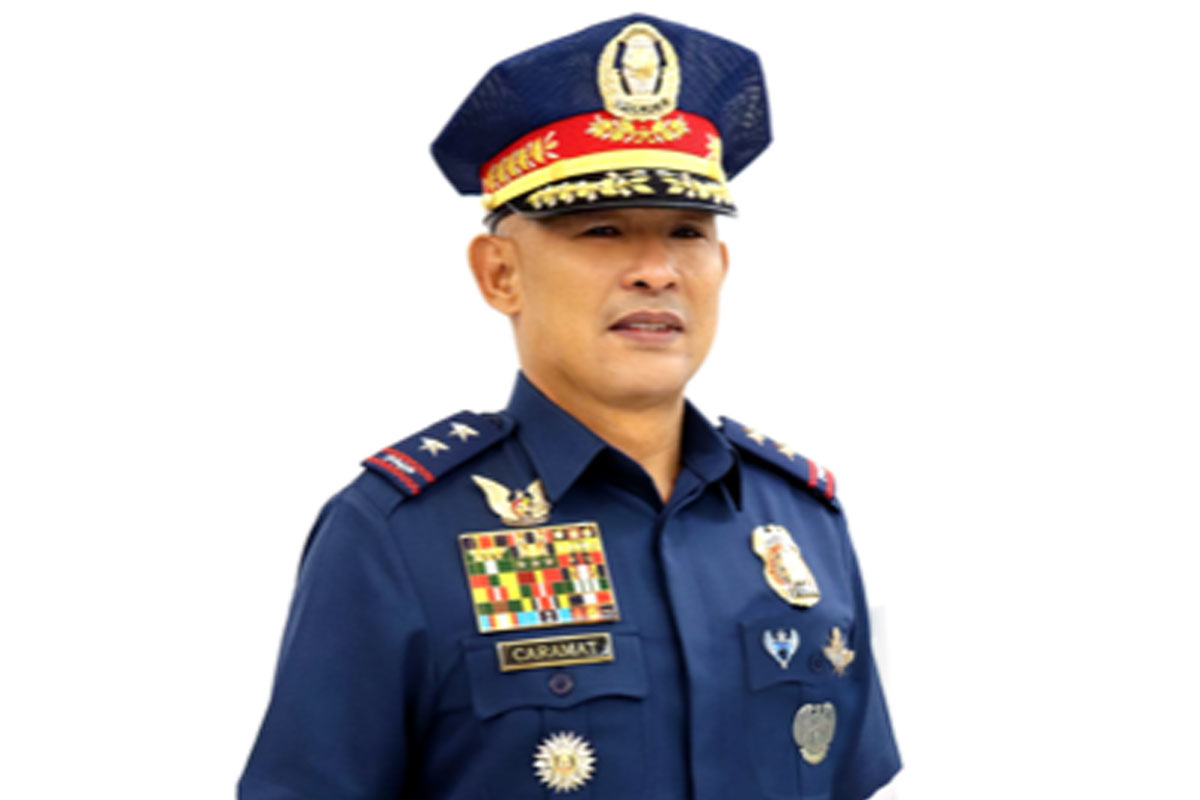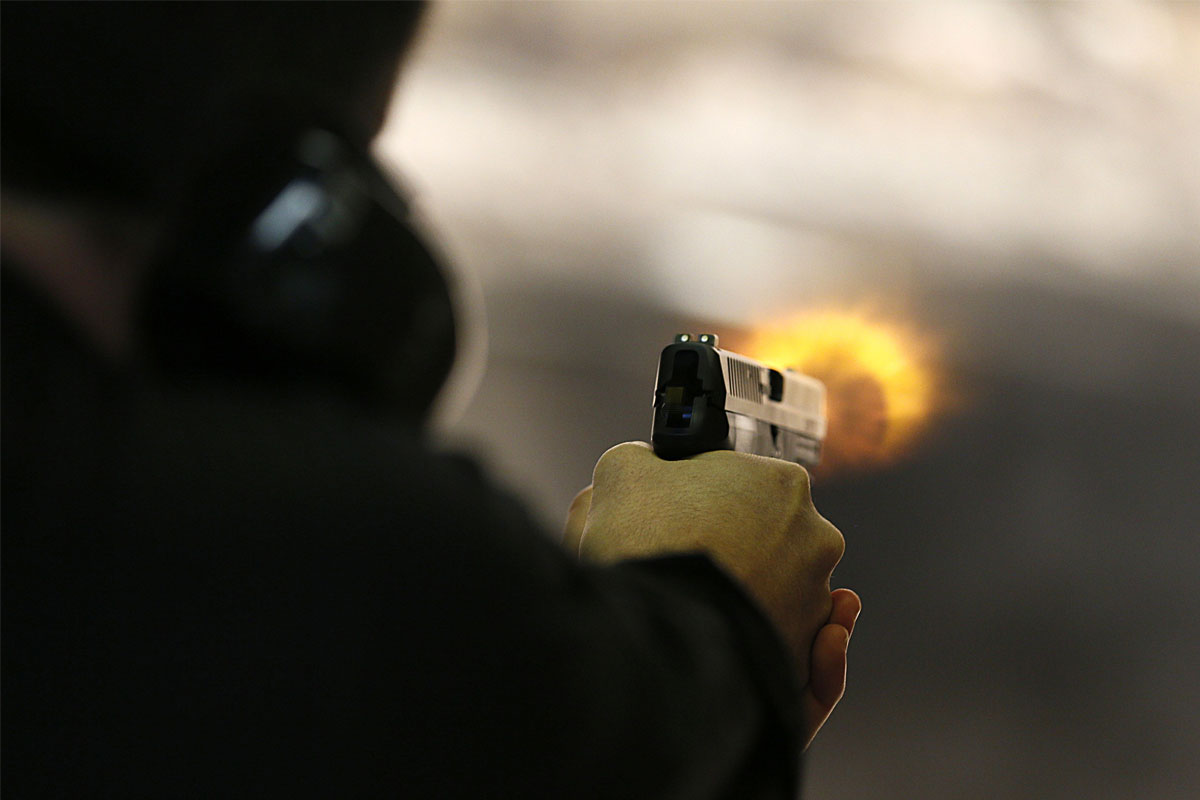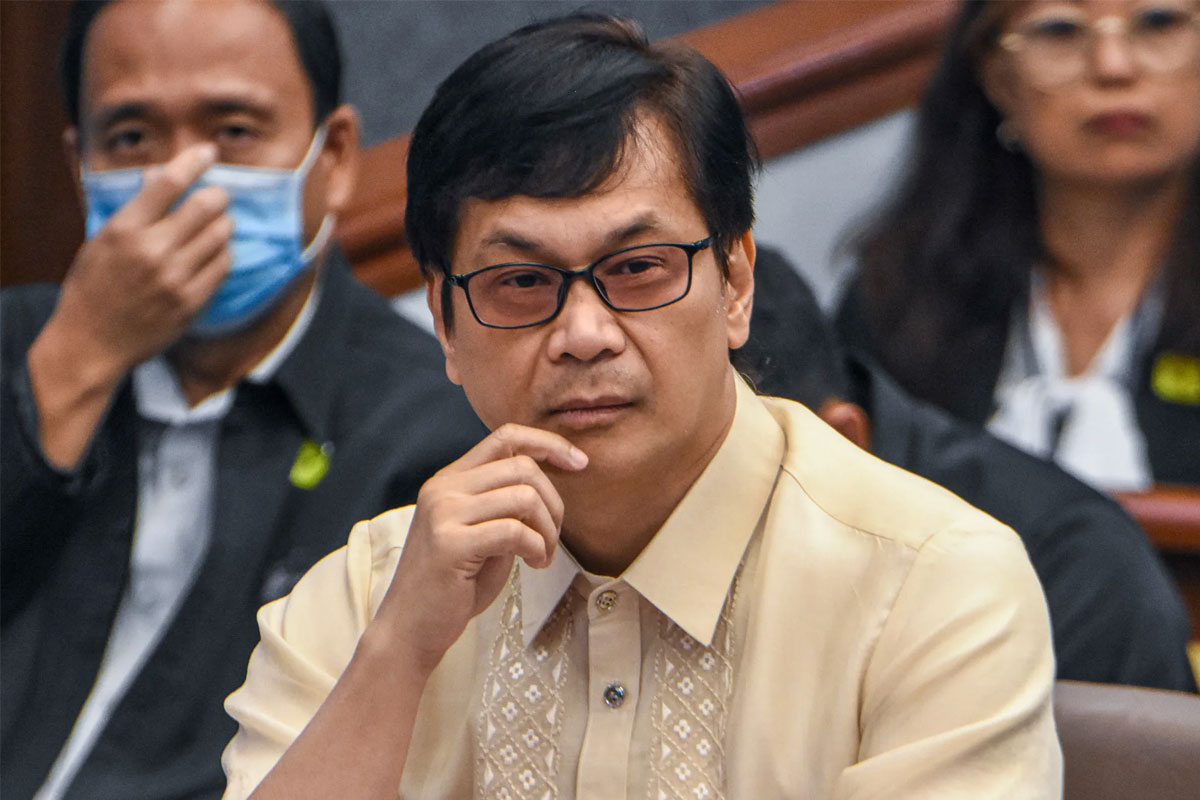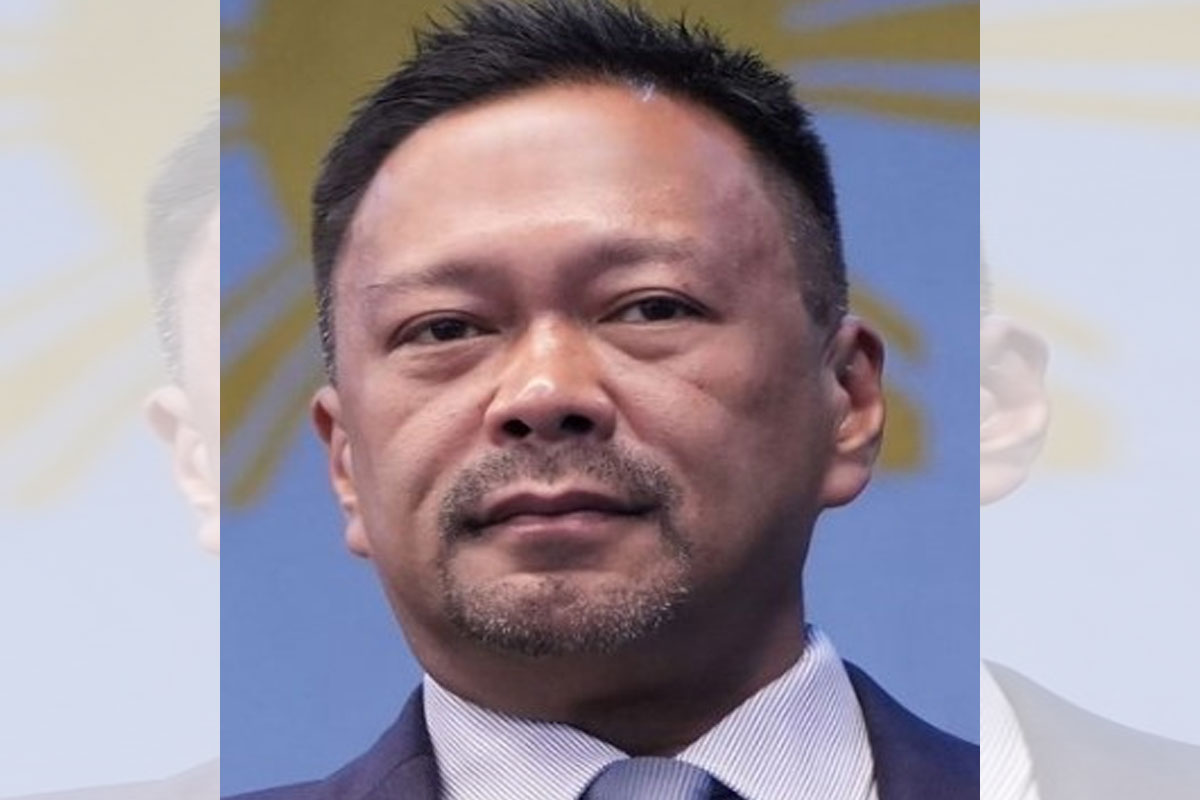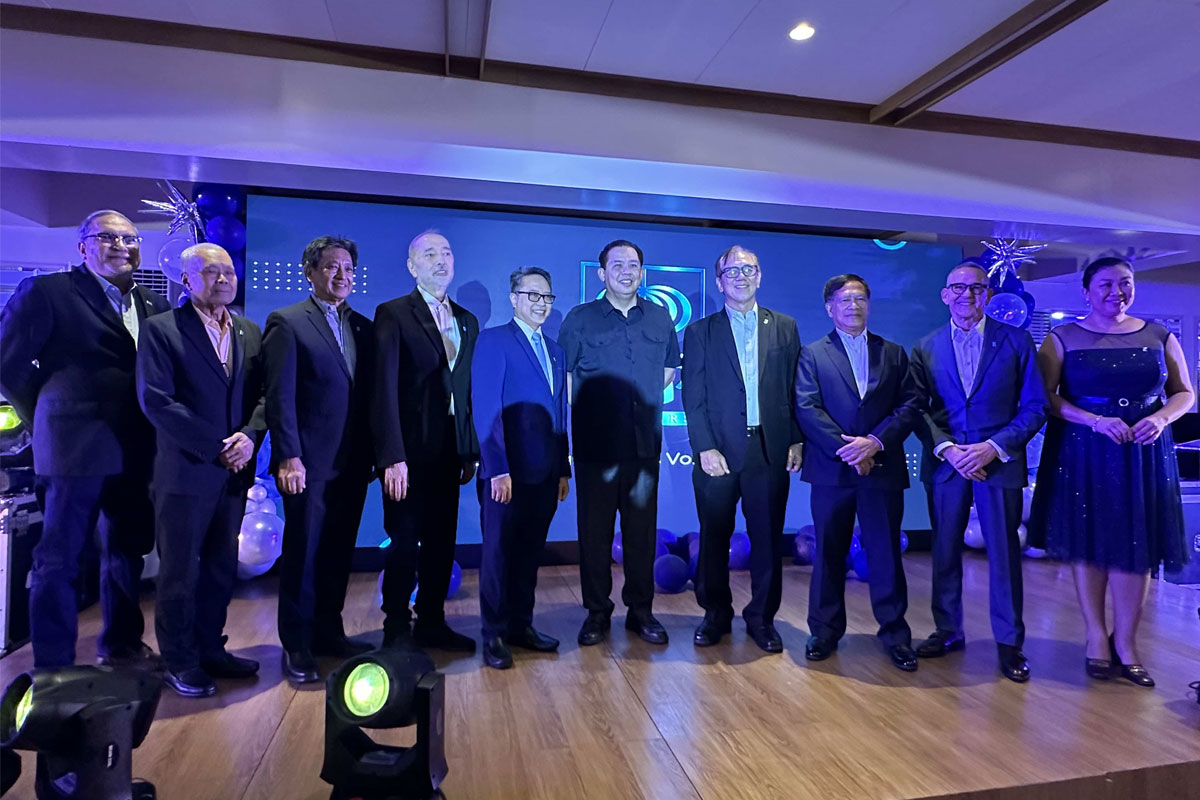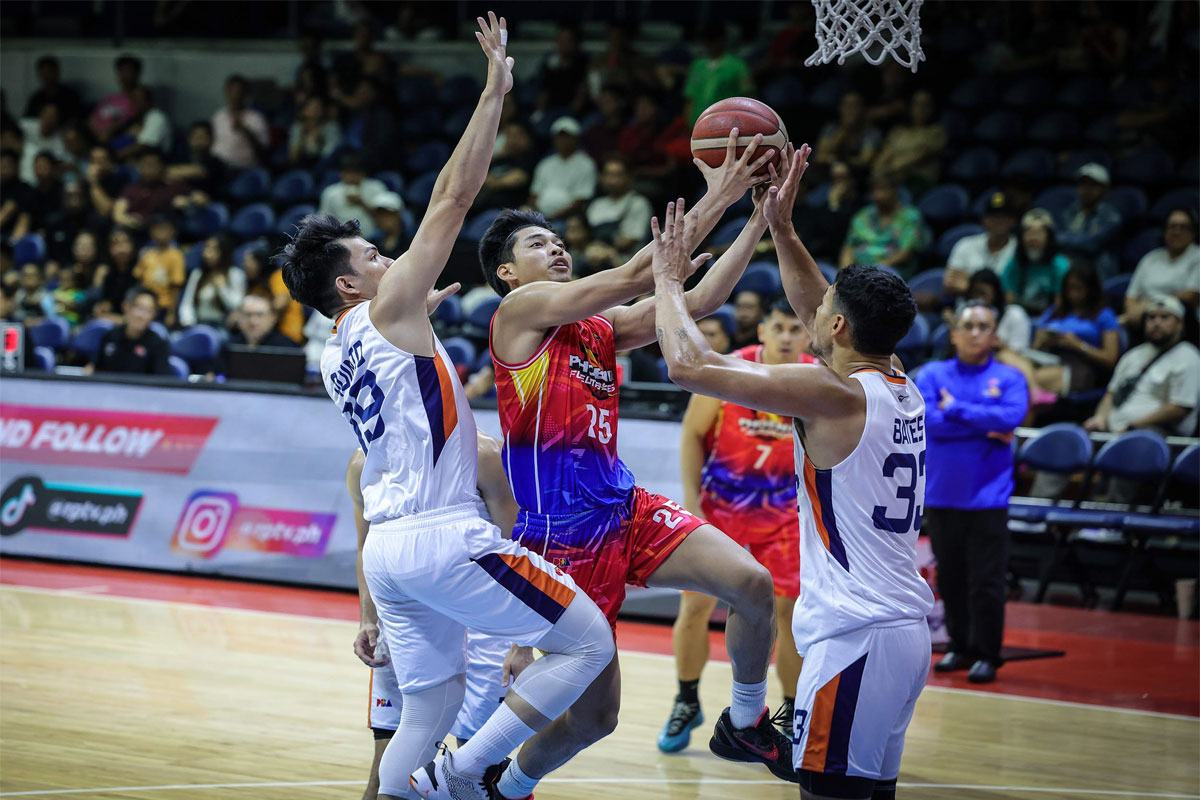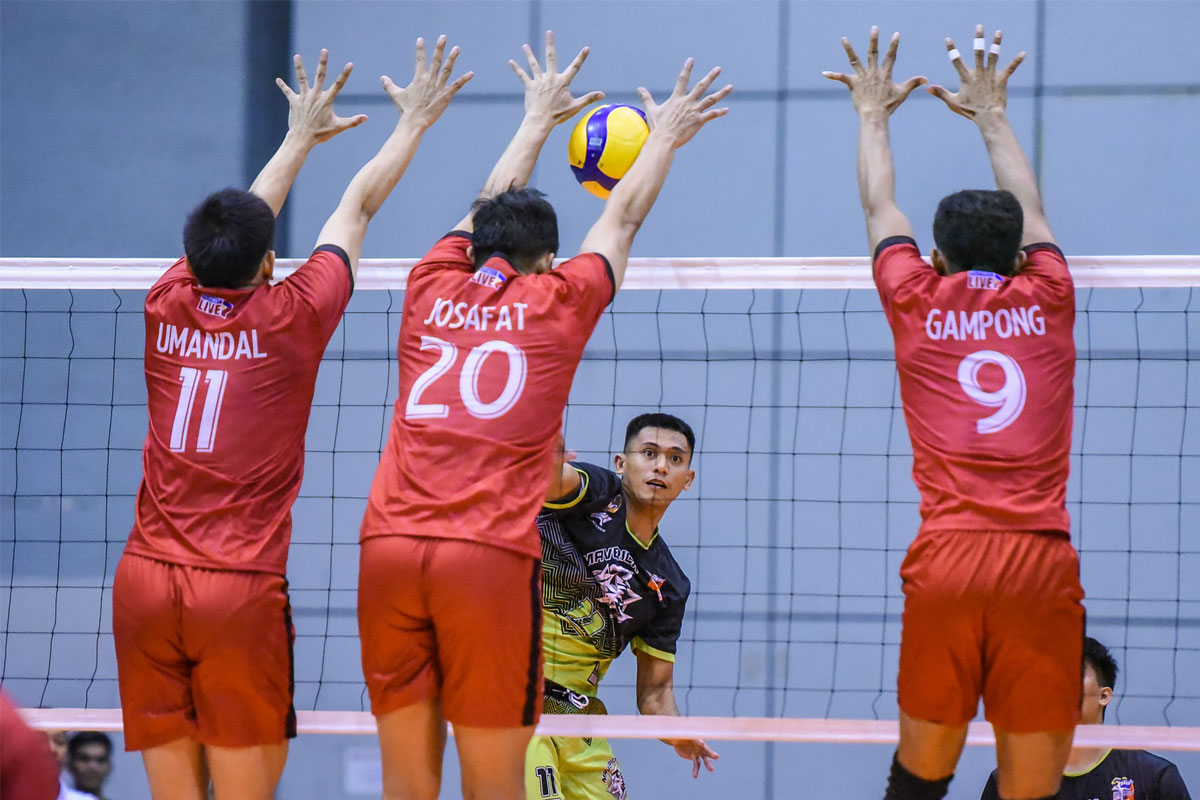
Eleazar: Not enough body cams yet but PNP still doing job, following SC rules
PHILIPPINE National Police (PNP) chief, General Guillermo Lorenzo T. Eleazar yesterday said lack of budget prevents them from procuring around 30,000 additional Body-Worn Camera units to cover their entire stations and units nationwide.
However, the top cop said that although they still have no enough body cams, they are already fully complying with the Supreme Court’s new ruling which made it mandatory for the police to use body cams or alternative recording devices in the conduct of searches and arrests.
The PNP Directorate for Operations had also issued a memorandum containing the general protocols for the use of the BWCs or ARDs in the execution of search and arrest warrants as well as warrantless arrests.
“Ngayong epektibo na ang mga alituntunin na inilabas ng ating Korte Suprema tungkol sa paggamit ng body-worn cameras, agad naglabas ng kautusan ang inyong PNP ng Memorandum Order sa lahat ng ating commanders na sumunod sa mga patakarang ito,” Gen. Eleazar said.
“Ang inyong PNP ang nagsagawa ng inisyatibo para humingi ng tulong sa Korte Suprema para sa malinaw na alituntunin sa paggamit ng mga body-worn cameras kaya walang dahilan para hindi namin sundin ito,” he added.
It was in June of this year when the PNP launched a body-worn camera system with the distribution of a total of 2,696 BWCs to 171 city police stations and various offices nationwide.
Amid the challenge on funding to procure more BWCs, the top cop took the initiative of soliciting BWCS that are compatible to the system that is currently used by the PNP.
“Kasabay nito ang ating matatag na paninindigan sa konsepto ng accountability kung saan mabilis ang ating aksyon sa iilan nating kasamahan na walang disiplina at umabuso sa kapangyarihan na lalo lamang nagkumbinsi sa ating mga kababayan na ang kamalian sa ating hanay ay hindi kinukunsinti at pinagtatakpan at sa halip ay agad na itinatama upang hindi na pamarisan,” he said.
PNP GETS 60 BODY CAMS FROM PSSLAI
Last Friday, the PNP got 60 brand-new BWCs and other equipment that will boost the force’s anti-criminality drive and conviction rate while promoting full transparency from the Public Safety Savings and Loan Association, Inc. or PSSLAI.
The PSSLAI donation came in the wake of several ‘show cause order’ issued to some PNP operating units by the courts following the failure of officers to fully comply with the Supreme Court ruling which requires policemen conducting anti-drug searches and arrests to wear BWCs in order to properly record their operations, the Journal Group learned.
Gen. Eleazar said the donated BWCs will further boost the effort of the PNP leadership to strengthen transparency and accountability of police personnel amid doubts and speculations that hounded the organization in the past few years, especially in the campaign against illegal drugs.
The donated BWCs, according to the PNP chief will be distributed to the PNP Criminal Investigation and Detection Group, Anti-Cyber Crime, Anti-Kidnapping Group, Drug Enforcement Group and Integrity Monitoring and Enforcement Group (to strengthen their investigative capability in all their operations and probe of cases.
Aside from the 60 body-worn cameras, the PPSLAI donated one unit of a brand-new Toyota Innova, 10 computers, 13 printers, 11 scanners, three shredders and one photocopy machine to the police force.
Gen. Eleazar thanked the PSSLAI Board of Trustees headed by its chairman and chief executive officer, retired Gen. Lucas M. Managuelod for the donation.
“To the PSSLAI Board of Trustees down to their management and personnel, we profoundly express our sincerest gratitude for the kind gestures you provided and may this social responsibility that you embrace continue to motivate other people to do the same for the sustainability of our PNP’s programs and projects,” the PNP chief said.
Gen. Eleazar said the donation of the PSSLAI depicted the continuing assistance and generosity of other stakeholders who serve as the police’s partner in continuing its current programs, particularly its Intensified Cleanliness Policy.
“The continuous support of the PSSLAI to the PNP is a clear proof that they have been with us in achieving our goal of not only improving our operational capability but also to improve our services to the Filipino people because this what police service is all about—to win the trust and respect of our kababayan,” he said.
The PNP chief vowed that the organization would continue to do its mandate in the best of its ability to ensure peace and order in the country.
Since June this year, police have used their BWCs and other alternative devices allowed by the court to record successful service of search warrants and warrants of arrest in many parts of the country.
Those raids were done in accordance with the new SC rules with assigned officers acting as ‘orators/speakers’ and in the presence of the required witnesses.
It is now the norm in the PNP as the memorandum on the general protocols for the use of BWCs or ARDs in the execution of search and arrest warrants as well as warrantless arrest was addressed to all directors of the 17 Police Regional Office Directors and the different PNP National Operational Support Units including the PNP Drug Enforcement Group and Criminal Investigation and Detection Group for strict compliance.
Gen. Eleazar said they have already taken the initiative to obtain more BWC units from donations of the Local Government Units (LGUs) and private individuals and groups. The donations however must be compatible with their present system.
He also revealed that there are also a number of local chief executives, private individuals and groups that have already signified interest to donate BWCs to the PNP.
The top cop said that the BWCs will support their effort to further promote transparency in the conduct of law enforcement operations specifically when it comes to serving warrants of arrest and search warrants for violation of Republic Act 9165 or the Comprehensive Dangerous Drugs Act of 2002.
The PNP launched the body-worn camera system on June 4 to ensure transparency and legitimacy of law-enforcement operations. Initially, a total of 2,696 body cameras have been distributed to 171 police stations and offices.
However, the top cop said they still need approximately 30,000 more sets of BWCs.
“I understand that it will take billions of fund from the national government to complete the 30,000 units of body-worn cameras that the PNP still needs kaya kami po ay patuloy na gumagawa ng paraan upang makakuha ng mga ito sa pamamagitan ng malakas na ugnayan sa ating mga LGUs (local government units) at mga pribadong indibidwal at grupo na handang tumulong sa kapulisan sa adhikaing ito,” Gen. Eleazar said.
He said the initial objective is to equip the Provincial and Station Drug Enforcement Units as well as the National Support Units that include the DEG, CIDG, the Maritime Group and the Highway Patrol Group.
Gen. Eleazar pointed out that the memorandum specifies the general protocols on the use of the BWCs or ARDs where the gadgets are never to be turned off at anytime while the execution of a search and arrest warrant or a warrantless arrest is going on.
He said that in cases of valid warrantless arrests, the BWC or ARD will be used as far as it is practicable.
“The memorandum also requires police operatives to, upon return of warrant, submit a copy of the video to the court along with an affidavit attesting to the facts and authenticity of the recording,” Gen. Eleazar explained.
“Nakasaad din dito na kailangang magpaliwanag sa korte ng mga operatiba sakaling hindi nila sundin ang requirement na paggamit ng BWC o ARD sa kanilang operasyon,” he added.
The PNP chief assured that Enhanced Operational Guidelines and Policies on the use of BWCs and ARDs will soon be disseminated to all police offices and units so all police personnel will be guided accordingly on the proper utilization of the devices.
“Ito ay hindi lamang para sa proteksyon ng mga karapatan ng ating mga kababayan kundi proteksyon din ng aming hanay laban sa mga maling haka-haka at alegasyon sa isinasagawa naming operasyon,” he said.
“Hindi sapat ang aming body-worn cameras but in the spirit of transparency and accountability, I trust that our commanders will find ways to comply with the Supreme Court’s guidelines on the use of body-worn cameras,” Gen. Eleazar pointed out.





